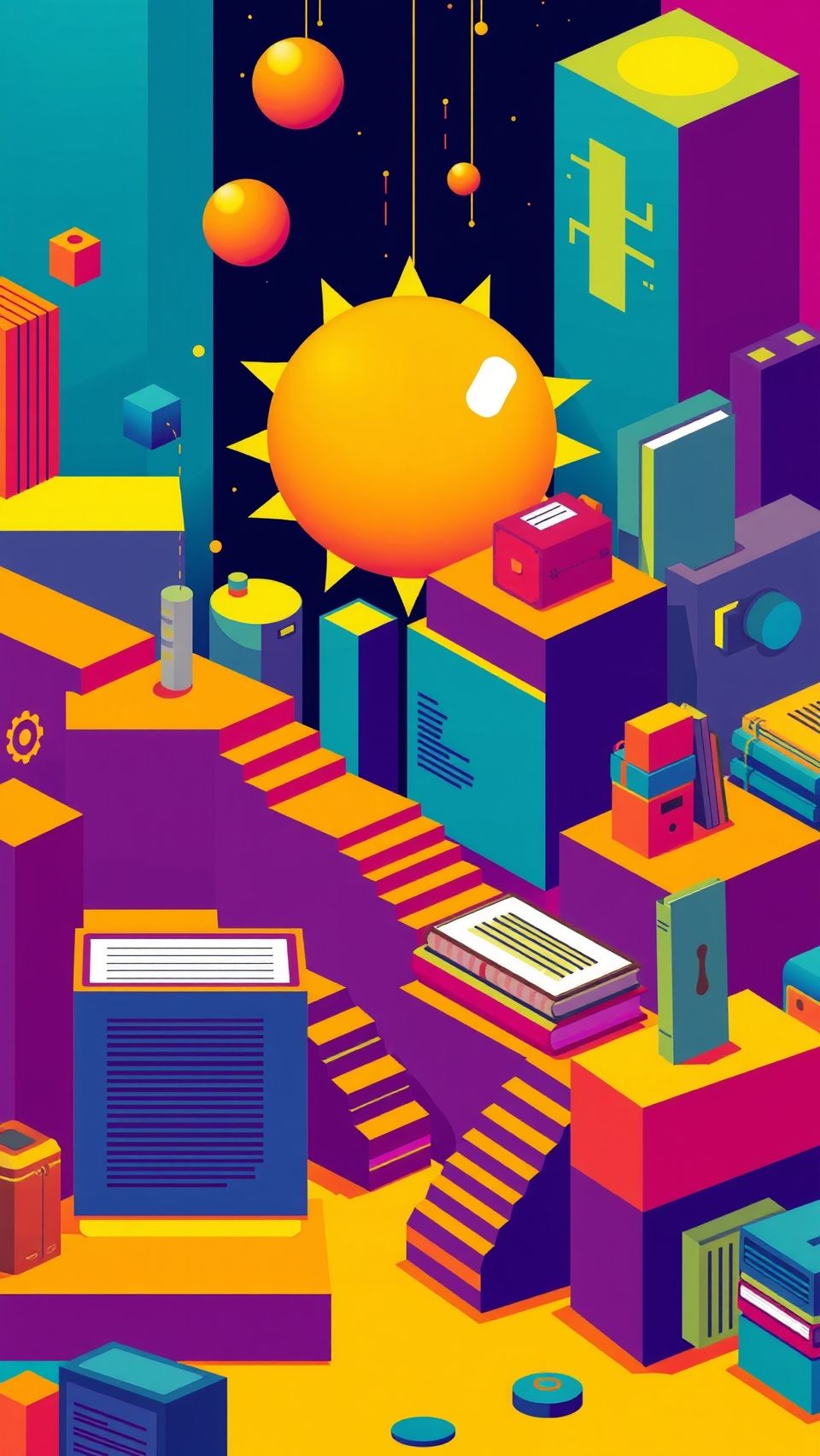20. May 2025
Chicago Sun-Times Embroiled In Scandal Over Ai-Generated Book List

The Chicago Sun-Times, a prominent Illinois newspaper, has been accused of using artificial intelligence (AI) to create and publish a summer reading list that includes several book recommendations for books that don’t exist. The controversy has sparked widespread outrage on social media, with many questioning the newspaper’s journalistic integrity.
A recent article titled “Summer reading list for 2025” was published and included fictional book titles attached to real authors. These fake titles are Hurricane Season by Brit Bennett, Nightshade Market by Min Jin Lee, The Longest Day by Rumaan Alam, Boiling Point by Rebecca Makkai, Migrations by Maggie O’Farrell, and The Rainmakers by Percival Everett. The article also provided descriptions for each of these fictional books, explaining why readers may enjoy them.
The inclusion of real author names without corresponding real book titles has raised concerns about the newspaper’s fact-checking process and its reliance on AI-generated content. Other articles within the Chicago Sun-Times’ summer 2025 section have been flagged as potential examples of AI-generated content.
A screenshot of an article called “Summer food trends” shows quotes from a purported Cornell University food anthropologist named Catherine Furst, but there appears to be no record of such a person at Cornell. Similarly, another article about ideas to spruce up one’s backyard quotes a purported FirepitBase.com editor named Daniel Ray, but no such website seems to exist.
The Chicago Sun-Times’ official account on Bluesky addressed the controversy on Tuesday morning, stating that they are investigating how this made it into print and expressing their commitment to maintaining journalistic integrity. “It is not editorial content and was not created by, or approved by, the Sun-Times newsroom,” the statement read.
The use of AI-generated content has been a growing concern in recent years, particularly among journalists who rely on fact-checking and verification processes to ensure the accuracy of their reporting. As the technology continues to evolve, it is essential for newspapers like the Chicago Sun-Times to establish clear guidelines and protocols for using AI tools and to prioritize transparency with their audience.
The controversy surrounding the Chicago Sun-Times’ summer reading list has also sparked a broader discussion about the role of AI in journalism. While some publications have openly utilized AI-generated content, others have been more cautious in their approach. The rise of AI-assisted reporting has raised questions about the future of journalism and how it will be adapted to changing technologies.
The Chicago Sun-Times’ reputation as one of Illinois’ premier newspapers is built on a long history of excellence in investigative journalism and comprehensive coverage of local news. To regain the trust of its audience, the newspaper must demonstrate a commitment to fact-checking and journalistic integrity. This includes acknowledging instances of AI-generated content and taking steps to prevent similar incidents from occurring in the future.
Increased scrutiny and accountability are necessary among news organizations as they navigate the complexities of AI-generated content. The incident highlights the need for transparency and fact-checking, especially when it comes to AI tools. News organizations must prioritize accuracy over convenience and efficiency when using AI-generated content.
There have been instances where newspapers have openly utilized AI tools and even put out job postings for “AI-assisted” reporters. However, these efforts must be balanced with a commitment to transparency and fact-checking. As the use of AI in journalism continues to grow, it is essential for news organizations to prioritize accuracy and journalistic integrity.
The Chicago Sun-Times’ summer reading list controversy raises important questions about the role of AI in journalism and the importance of maintaining journalistic integrity. The incident highlights the need for increased scrutiny and accountability among news organizations as they navigate the complexities of AI-generated content.
By acknowledging instances of AI-generated content and taking steps to prevent similar incidents from occurring in the future, the Chicago Sun-Times can regain the trust of its audience and maintain its reputation as one of Illinois’ premier newspapers. News organizations must prioritize accuracy and journalistic integrity over convenience and efficiency when using AI tools.
Collaboration between newsrooms and AI developers is necessary to create more accurate and reliable content while minimizing the risk of AI-generated errors. The use of AI in journalism presents both opportunities and challenges, and it is essential for news organizations to carefully consider the implications of this technology on their reporting.
Ultimately, the Chicago Sun-Times must prioritize journalistic integrity and transparency with its audience to maintain its reputation as one of Illinois’ premier newspapers. By doing so, the newspaper can continue to provide high-quality reporting to its readers and navigate the complex landscape of AI-generated content.